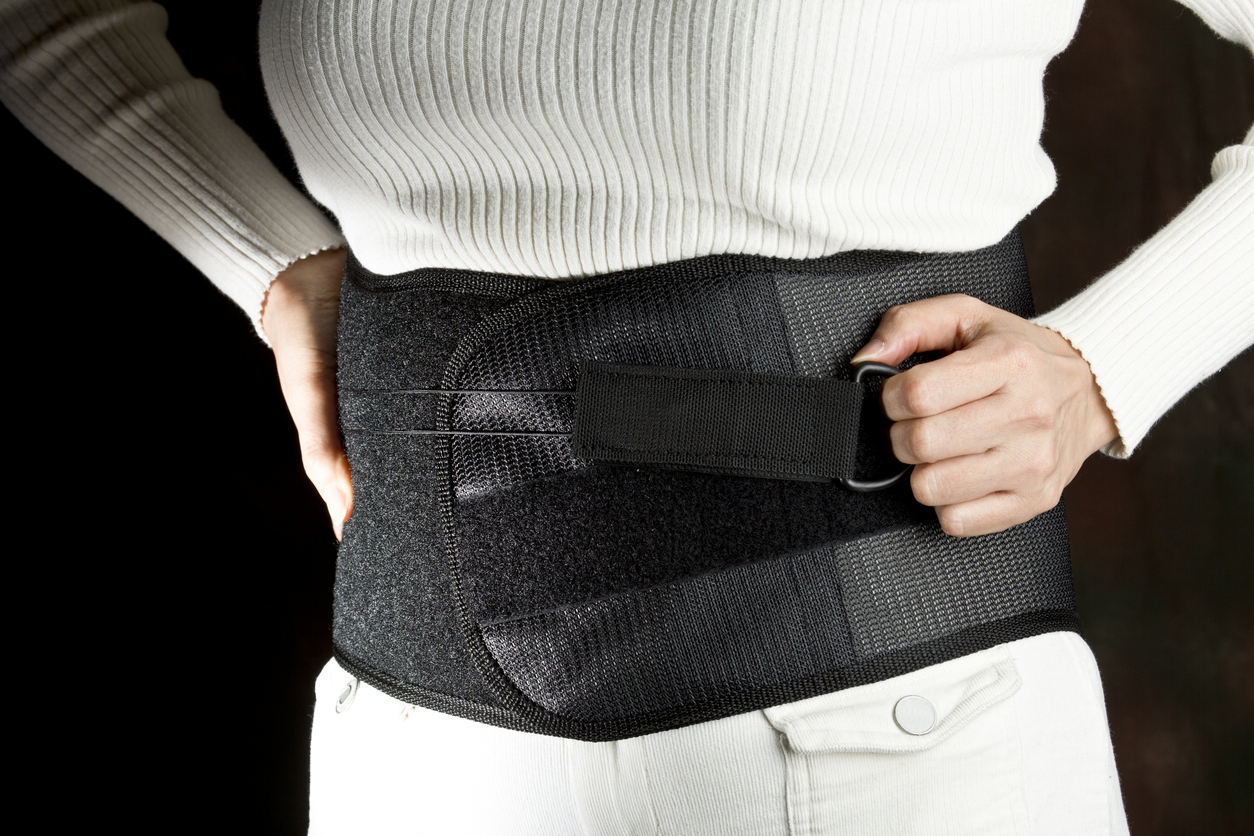Pain
Conventional Medical Treatments for Radiculopathy

What is radiculopathy?
Radiculopathy is the medical term for symptoms caused by irritation or compression of one or more spinal nerve roots. Spinal nerve roots connect the spinal cord with the nerves that supply sensation and motor function to the rest of the body.
Nonsurgical treatment options for radiculopathy
Treatment for radiculopathy depends on the severity of the symptoms, location of affected area, and the underlying cause. Nonsurgical treatment options include the following:
- Muscle relaxers can help ease pain in the muscles.
- Oral corticosteroids help reduce inflammation, which helps relieve pressure on the nerves.
- Opioid-based pain medications may be prescribed to ease severe pain.
- Epidural spinal injections can ease inflamed nerves and tissue. A steroid medication is carefully injected (with X-ray guidance and contrast dye) near the affected nerve(s).
- Physical therapy helps strengthen back and core muscles to better protect the spine.
Surgical treatment options for radiculopathy
Surgical treatment for radiculopathy may be recommended if other treatments are not successful (after six to twelve weeks), if multiple nerves are affected, or if nerve function is diminishing despite other treatment options. Surgical treatment options include the following:
Spinal decompression surgery
Spinal decompression surgery is a term that refers to any surgery or procedure that aims to relieve pressure on the spinal cord or nerve roots. The risks associated with this surgery include infection, bleeding, blood clots, and nerve or tissue damage.
- Discectomy is a procedure in which part or all of a disc is removed.
- Foraminotomy is a procedure in which the foramen (the exit through which a spinal nerve leaves the vertebra) is made larger.
Artificial disc replacement surgery
Artificial disc replacement, or intervertebral disc arthroplasty, is a procedure in which a degenerated disc is surgically removed and replaced with an artificial disc. The risks associated with this surgery include infection, bleeding, blood clots, dislocation of the artificial disc implant, implant failure or fracture, loosening of the implant, poor placement of the implant, spinal stenosis, and stiffness or rigidity of the spine.
Risks of surgical treatment should be discussed with a surgeon prior to any surgery. If a CT myelogram or MRI does not show definitive nerve compression, back surgery will most likely not relieve symptoms of radiculopathy.















